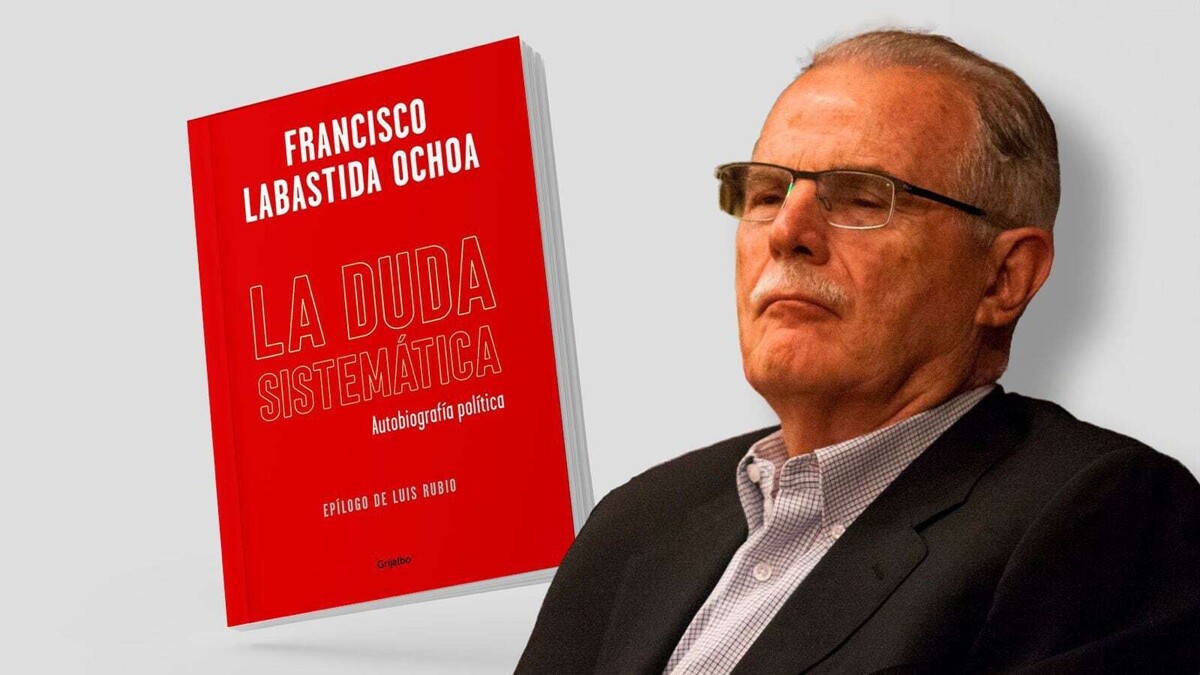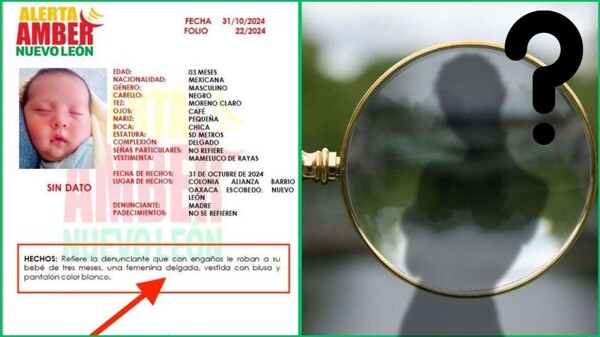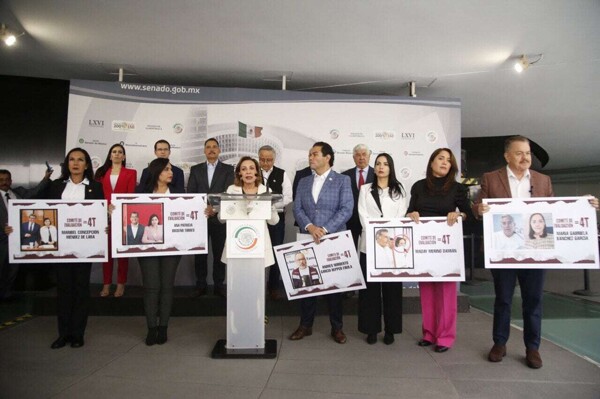
Francisco Labastida Ochoa, a politician with a long career in Mexico and PRI candidate for the Presidency of the Republic in the year 2000, has recently presented his "political autobiography." In this book, Labastida recounts several episodes of his political life, some of which involve former president Ernesto Zedillo.
One of the facts mentioned by Labastida is the period leading up to the presidential election of the year 2000, where Zedillo, as the acting president, supposedly pushed for an internal process within the PRI to select the presidential candidate. According to Labastida, Zedillo promoted open competition among various candidates, resulting in enormous spending for the party, leaving it with exhausted finances, and ultimately losing the election.
Labastida also addresses another episode related to Zedillo, dating back to March 1994, when the then PRI presidential candidate was assassinated. In this case, Labastida suggests that, following the crime, Zedillo might have diverted funds from the oil workers' union to private accounts, although he does not present concrete evidence for this.
Additionally, Labastida mentions a meeting he had with Zedillo after the presidential elections of 2000, where Zedillo invited him to lunch. Labastida describes this meeting as tense and states that he refused a subsequent dinner with both couples, arguing that they needed to clarify certain points first, also insinuating the possible involvement of PRI members in the assassination of the presidential candidate.
In summary, Francisco Labastida Ochoa's "political autobiography" offers a subjective view of several political episodes in which he was involved, especially those related to Ernesto Zedillo. Although Labastida's account is not free of bias, it is relevant as testimony from a key player in Mexican politics of recent decades.














